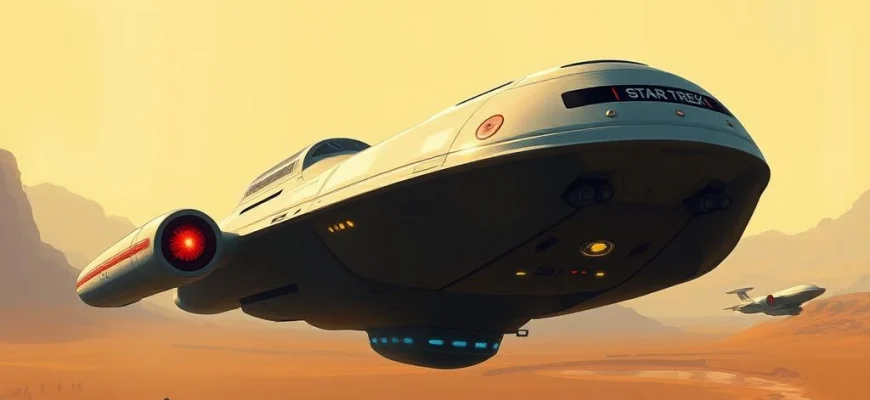If you loved 'What We Left Behind: Looking Back at Star Trek: Deep Space Nine' (2018), this article is for you. Dive into 10 similar movies and shows that capture the same spirit of nostalgia, deep storytelling, and behind-the-scenes insights. Whether you're a die-hard Trekkie or just appreciate thoughtful retrospectives, these picks will keep you engaged.
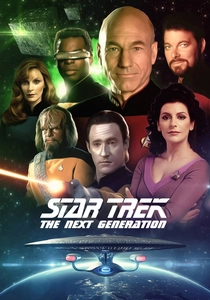
Star Trek: The Next Generation (1987)
Description: A cornerstone of sci-fi television, known for its philosophical themes, ensemble cast, and episodic yet serialized storytelling. Its legacy and influence are closely tied to the reference title's universe.
Fact: The show introduced the iconic character Data, an android striving to understand humanity. It won 18 Emmy Awards during its run.
 Watch Now
Watch Now 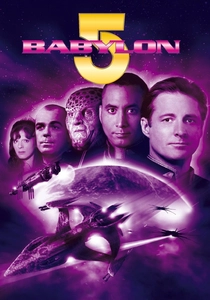
Babylon 5 (1994)
Description: A pioneering space station-based series with intricate political plots and long-term story arcs. Its focus on diplomacy, conflict, and character development mirrors the reference title's narrative style.
Fact: One of the first TV shows to use CGI extensively. It was planned as a five-season story from the beginning.
 Watch Now
Watch Now 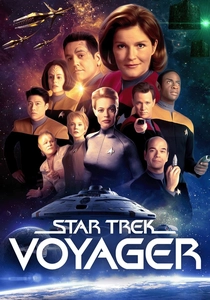
Star Trek: Voyager (1995)
Description: A series that explores the challenges of a stranded crew trying to return home, blending episodic and serialized storytelling. Its focus on character growth and moral dilemmas echoes the reference title's themes.
Fact: The first 'Star Trek' series to feature a female captain as the lead. It introduced the character Seven of Nine, a former Borg drone.
 Watch Now
Watch Now 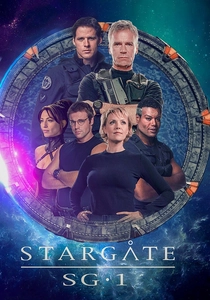
Stargate SG-1 (1997)
Description: A long-running sci-fi series that combines episodic adventures with overarching plots. Its mix of action, humor, and exploration of alien cultures shares similarities with the reference title's tone.
Fact: The series is a spin-off of the 1994 film 'Stargate.' It holds the record for the longest-running North American sci-fi series with 10 seasons.
 Watch Now
Watch Now 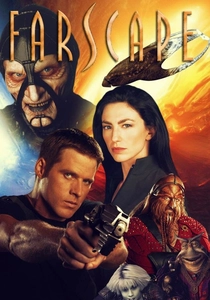
Farscape (1999)
Description: A unique blend of sci-fi and fantasy with a strong emphasis on character relationships and moral dilemmas. Its unconventional storytelling and rich world-building align with the reference title's depth.
Fact: The show featured puppetry from the Jim Henson Company. It was canceled after four seasons but continued with a miniseries to wrap up the story.
 Watch Now
Watch Now 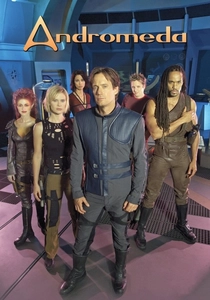
Andromeda (2000)
Description: A space opera that explores themes of leadership, redemption, and interstellar politics. Its blend of action and philosophical questions mirrors the reference title's storytelling approach.
Fact: Created by 'Star Trek' veteran Gene Roddenberry. The show was based on his unused concepts for a 'Star Trek' spin-off.
 Watch Now
Watch Now 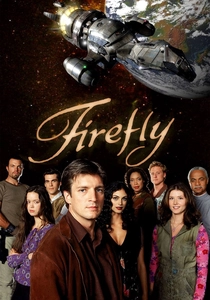
Firefly (2002)
Description: A cult favorite that mixes western and sci-fi elements, focusing on a ragtag crew's adventures. Its blend of humor, drama, and rich character dynamics aligns with the reference title's appeal.
Fact: The show was canceled after one season but gained a massive following, leading to the 2005 film 'Serenity.' It was created by Joss Whedon.
 Watch Now
Watch Now 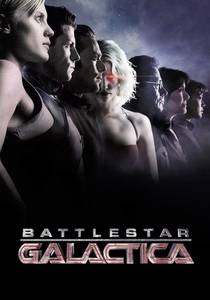
Battlestar Galactica (2004)
Description: A gritty, character-driven space drama that delves into themes of survival, morality, and identity. Its serialized storytelling and deep character arcs resonate with the reference title's approach.
Fact: The series was a reimagining of the 1978 show. It won a Peabody Award for its post-9/11 allegorical storytelling.
 Watch Now
Watch Now 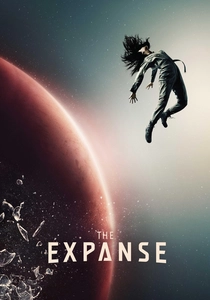
The Expanse (2015)
Description: A hard sci-fi series with a focus on political intrigue, realistic space physics, and complex characters. Its detailed world-building and serialized narrative resonate with the reference title's depth.
Fact: Based on a series of novels by James S.A. Corey. The show was initially canceled by Syfy but was revived by Amazon due to fan demand.
 Watch Now
Watch Now 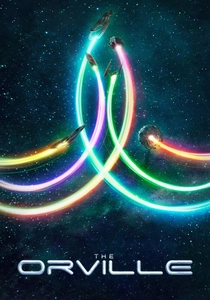
The Orville (2017)
Description: A sci-fi series that blends humor with serious themes, exploring complex social and political issues within a futuristic setting, much like the reference title. It pays homage to classic space operas while offering fresh perspectives.
Fact: The show was created by Seth MacFarlane, who also stars in it. Initially marketed as a comedy, it evolved into a more dramatic and serialized format.
 Watch Now
Watch Now 
